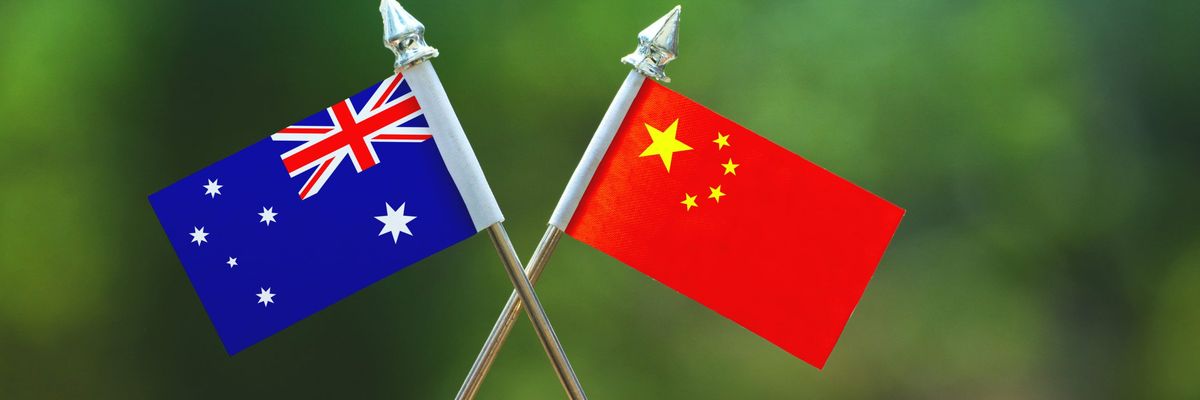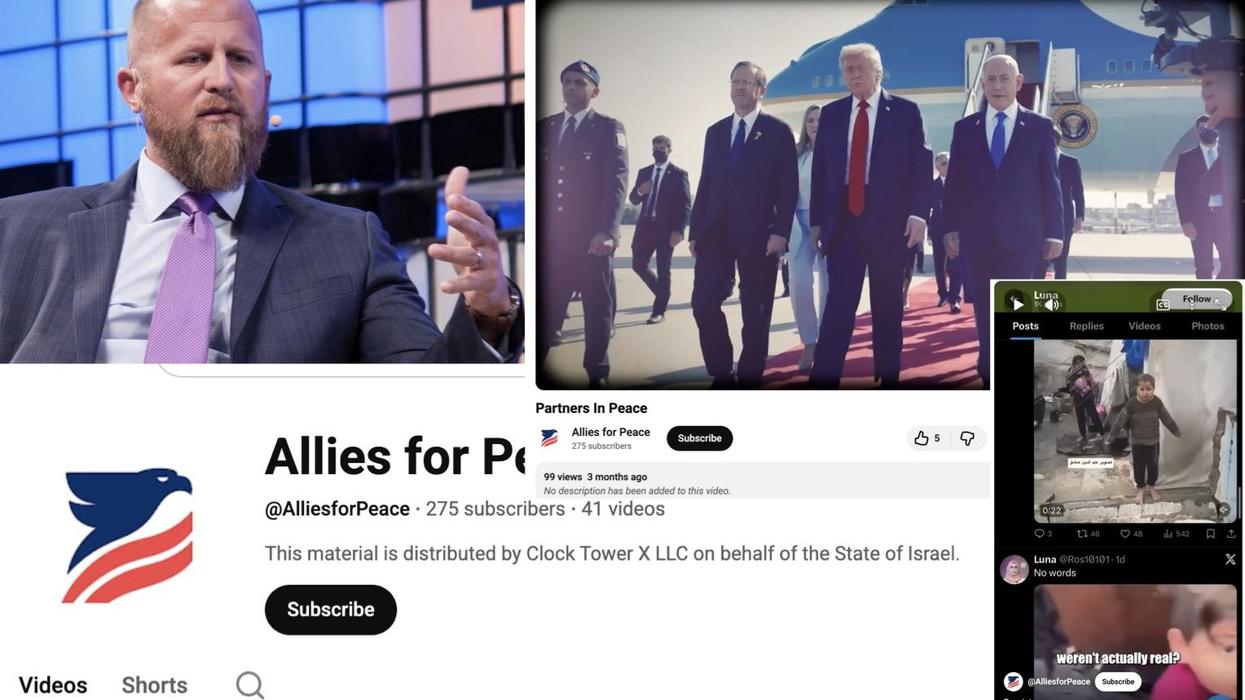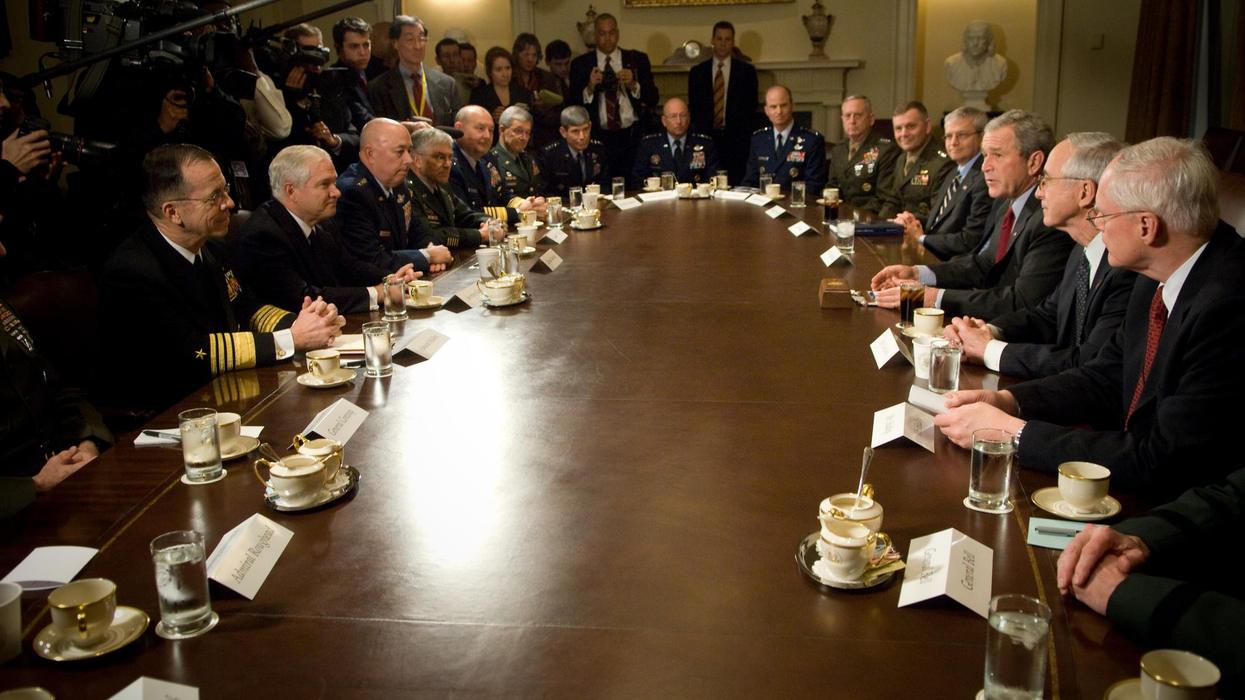Australia perhaps more than any other nation has adopted a China policy closest to that of the United States, leading many to conclude that Canberra is playing the role of Washington’s lackey in a new cold war with Beijing.
The Australian foreign and defense ministers’ trip to Washington for the 2020 AUSMIN meeting (the annual meeting between the Australian foreign and defense ministers and their US counterparts) — as opposed to holding the talks virtually due to the coronavirus — has only served to reinforce this conclusion. The Australian government meanwhile maintains it is pursuing an independent policy in line with Australian national interests.
Meanwhile, Chinese-Australian ties have sharply deteriorated throughout the past few months. Back in May, the Aussie government led by Prime Minister Scott Morrison called for an independent probe into the origins of the coronavirus, in a move that was largely perceived as taking aim at China. Beijing then proceeded to impose restrictions and high tariffs on Australian beef and barley exports, which was widely perceived as a response to the Australian push for the international probe.
The Morrison government has also enhanced ties with countries known to be traditional rivals of China, like India and Japan. Morrison held virtual summits with his Indian and Japanese counterparts in June, and maritime and defense cooperation were among the topics discussed.
The downward spiral in ties between Canberra and Beijing continued with Morrison recently announcing that Australia was being subject to large scale cyberattacks by “a sophisticated state based cyber actor”. Despite not mentioning China by name, it was clear that the Australian prime minister was referring to Beijing, and according to Aussie media outlets “senior sources” confirmed that China was the culprit.
Australia also moved to formally declare China’s territorial claims in the South China Sea as illegal. In a letter to the United Nations, Canberra accused Beijing of pursuing a policy there that had no legal foundation.
"There is no legal basis for China to draw straight baselines connecting the outermost points of maritime features or 'island groups' in the South China Sea, including around the 'Four Sha' or 'continental' or 'outlying' archipelagos,” the letter read.
The Australian stance on the South China Sea came just days before the AUSMIN talks in Washington on July 28, and some experts point to this as a testimony that Australia was coordinating its China policy with the United States.
“Australia’s declaration regarding the South China Sea came on the eve of the AUSMIN talks and hence it was clearly aimed at shoring up the U.S. position” said Allan Behm, head of the international and security affairs program at the Australia Institute.
Others however dispute the argument that Canberra is acting as Washington’s subordinate when it comes to China policy. According to Allan Dupont, founder and CEO of the “Cognoscenti Group” Australia is pursuing an independent China policy, with the ban issued by the Australian government on Chinese telecommunications giant Huawei back in 2018 being a case in point.
“Australia was actually ahead of the US in imposing a ban on Huawei,” said Dupont.
Furthermore, Dupont refers to Australia being in the process of putting together a new strategy focusing on enhanced cooperation with other countries in the Asia-Pacific region to counter a rising Chinese threat, as the U.S. may not currently be a reliable partner.
“With the U.S. becoming less predictable and China becoming more and more of an adversary, Australia is recrafting a new policy strategy that includes enhanced cooperation with regional countries,” he added.
But regardless of whether or not Australia is pursuing an independent China policy or acting as a subordinate to the United States, the deterioration of ties between Canberra and Beijing carries with it grave potential risks for the Australian economy. With 30 percent of Australia’s exports going to China, Beijing is Canberra’s biggest trading partner.
At the same time Australia’s economy, like that of most other countries, has been hit hard by the coronavirus. Australian treasurer Josh Frydenbeg recently warned that the country suffered its worst budget deficit this last financial year since the end of World War II, with the deficit almost reaching $86 billion.
According to Behm the Australian government is pursuing a dangerous policy of focusing on its security ties with the United States at the expense of its economic ties with China.
“Australia is focusing only on the security dimension and not the trade dimension, but without a strong economy you can’t have security,” he emphasized.
However, the economic factor may have weighed in at the AUSMIN talks. In the press conference following the meeting, Australian Foreign Minister Marise Payne refrained from adopting the fiery anti-Chinese rhetoric of her U.S. counterpart Mike Pompeo, and even appeared to strike a balanced approach in her remarks.
"The relationship that we have with China is important and we have no intention of injuring it. But nor do we intend to do things that are contrary to our interests," she said.
And in another sign that Australia may not be fully on board in a new cold war against China, Canberra declined Washington’s request to participate in “freedom of navigation exercises” near the disputed islands in the South China Sea.

















